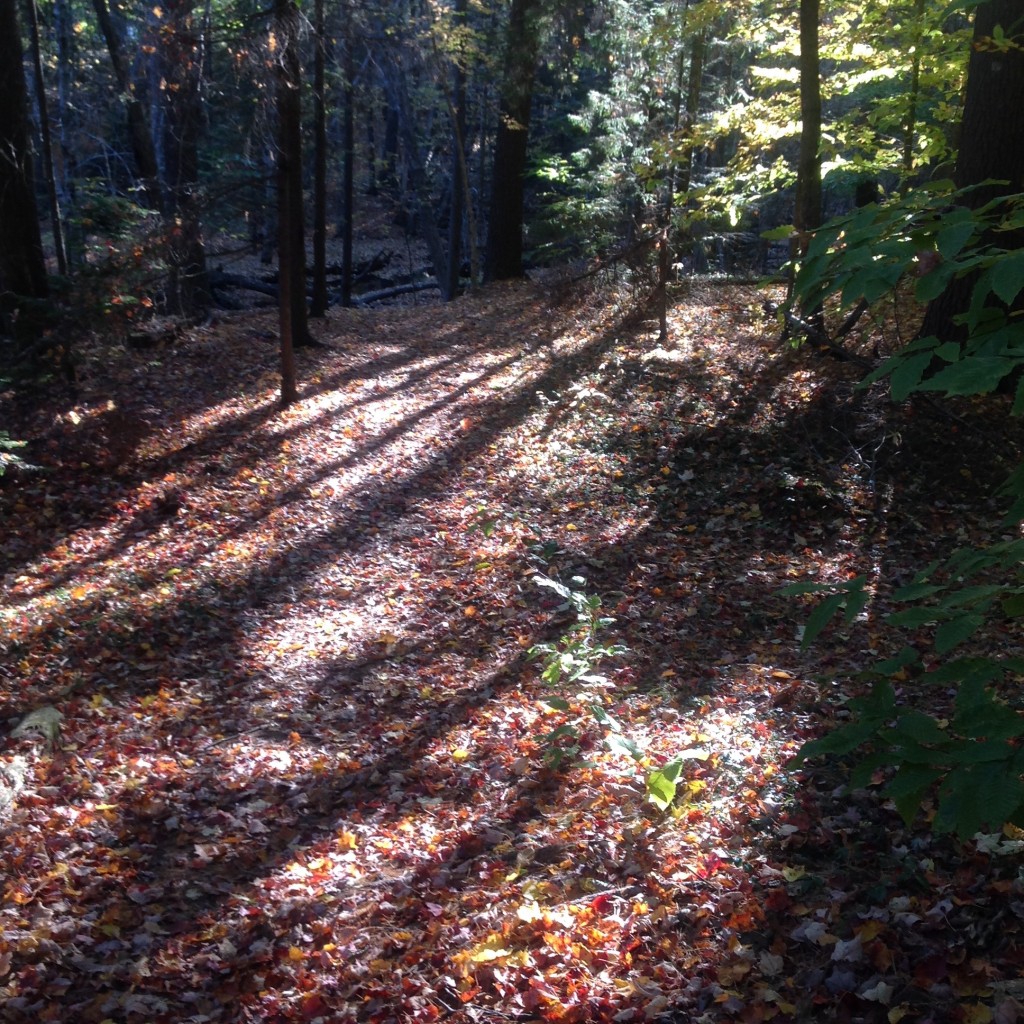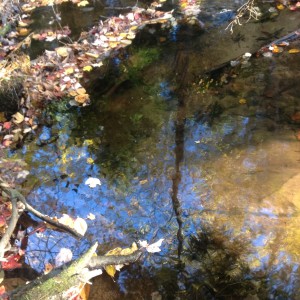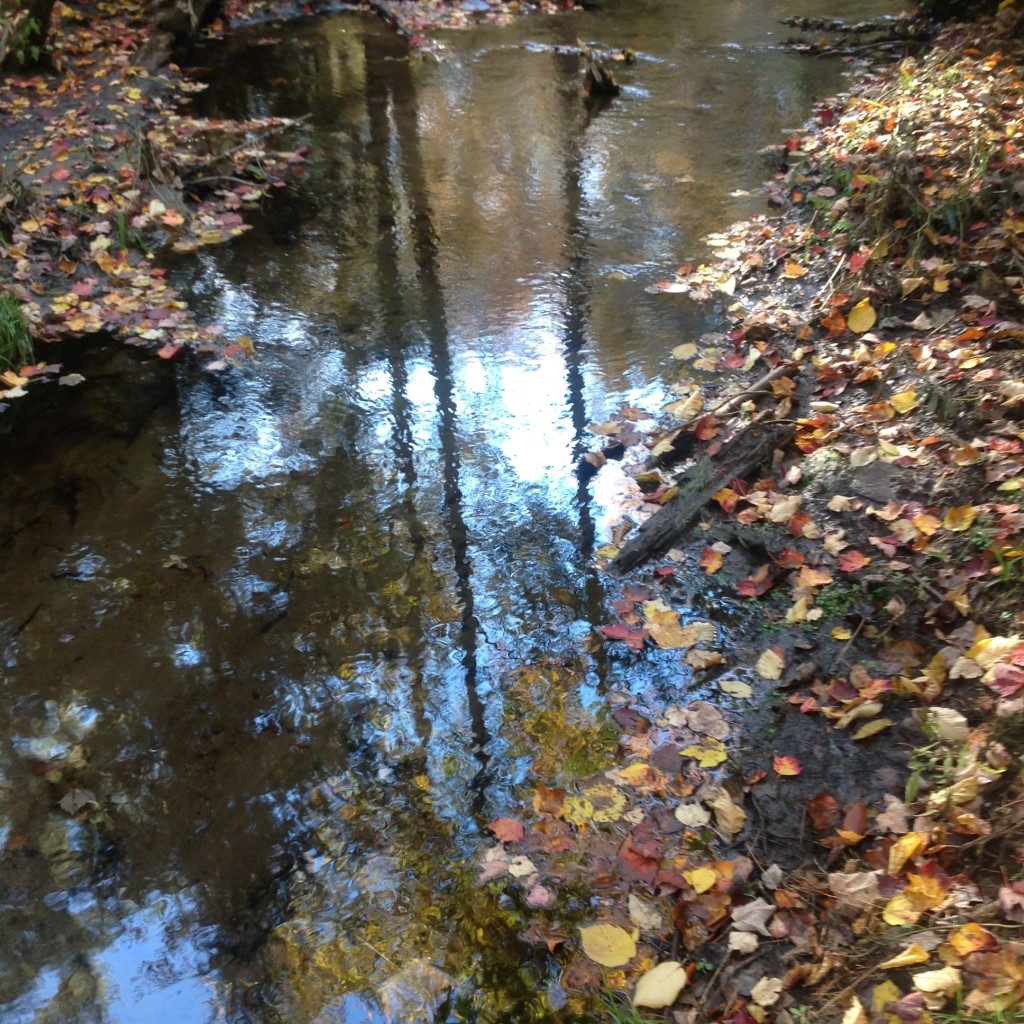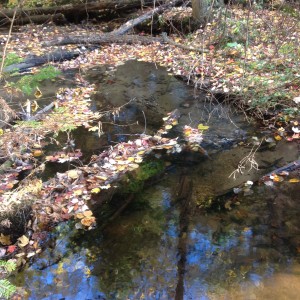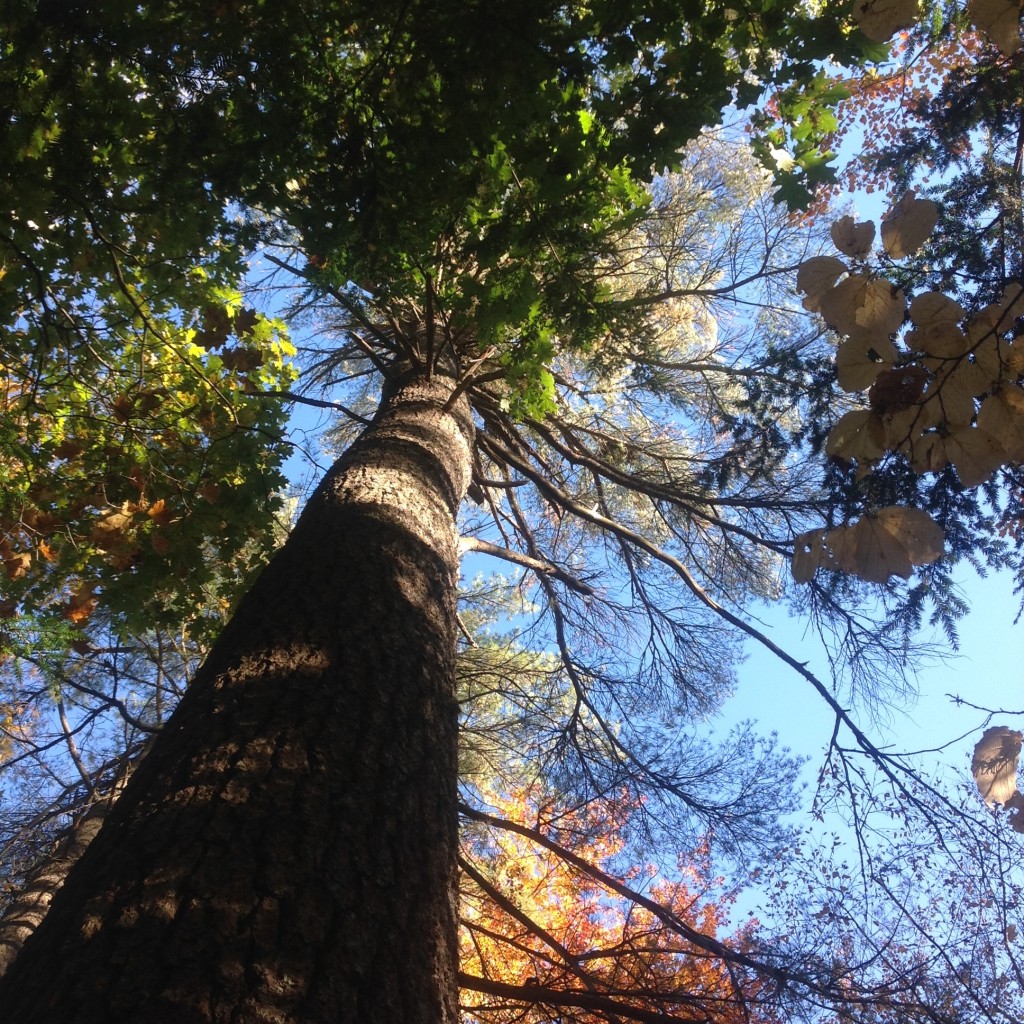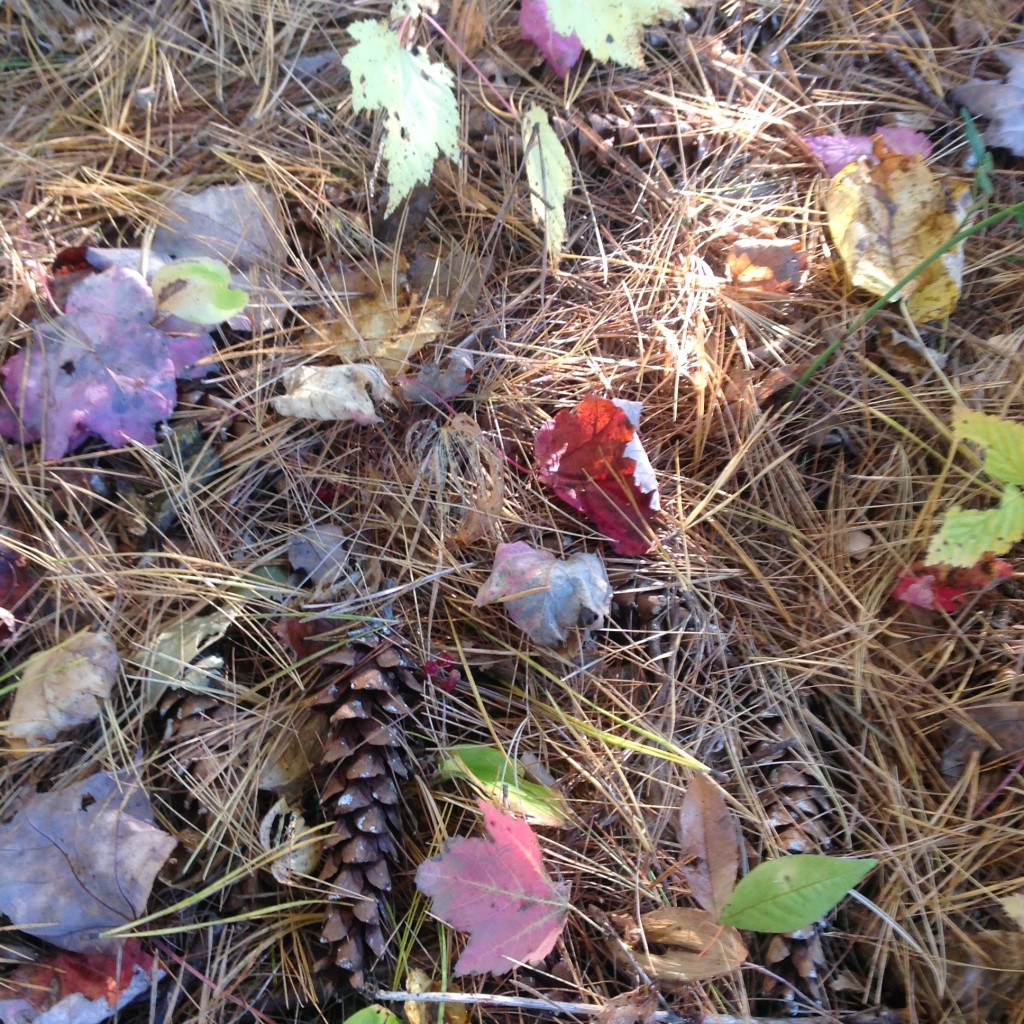First a link to this long essay by New Yorker staff writer, Kathryn Schulz: http://www.newyorker.com/magazine/2015/10/19/pond-scum?intcid=mod-most-popular
Second a short response: That’s an amazing, it seems willful, misreading of Thoreau’s work. Where to begin? For starters, Schulz ignores Thoreau’s repeated purpose, awakening his neighbors, as opposed to trumpeting his own life. She also opens with a 21st-century awareness of the wreck of a famine ship as a way to cast Thoreau as coldhearted, a cheap writerly trick, I think, in that her opening anecdote is hardly from the core of Thoreau’s life and work. Then there is the tired charge of hypocrisy, even as Schulz tries to breathe new life into it. Here is a paragraph from late in the piece:
“But Thoreau did not live as he described, and no ethical principle is emptier than one that does not apply to its author. The hypocrisy is not that Thoreau aspired to solitude and self-sufficiency but kept going home for cookies and company. That’s just the gap between aspiration and execution, plus the variability in our needs and moods from one moment to the next—eminently human experiences, which, had Thoreau engaged with them, would have made for a far more interesting and useful book. The hypocrisy is that Thoreau lived a complicated life but pretended to live a simple one. Worse, he preached at others to live as he did not, while berating them for their own compromises and complexities.”
But really, did Thoreau claim to live a simple life? He aspired to simplify, to make good choices, but he never claimed that he led a simple life overall. His point that he had “other lives to live” after his Walden “experiment” aims in that direction. Thoreau was endlessly complex, and he knew it. He had a global awareness before it was fashionable to admit such. But he also knew that complexity must be balanced by the drive to simplify, to get at what’s meaningful in a world where we can be buried in drifts of information and yearning.
Just as Schulz accuses those who find wisdom or solace or guidance in Thoreau as cherry-pickers of the phrase, she too quotes liberally out of context. And she would have Walden be straight nonfiction, which it never claims to be, and surely isn’t.
I am in more sympathy with Schulz when it comes to T’s critique of government. We seem to be in the process and in the business of proving that narrow-minded principle and individualism lead to chaos; we’ll see. I’ve been long surprised that our radical right wing has made less use of Thoreau than they might have. Still, even in this area, Thoreau’s primary beef was with slavery, which, as Schulz acknowledges, was and remains our central national stain and shame.
Is the rescue of the world to be found in the individual? Thoreau would have it so; I’m not so sure. Especially when the number of individuals exceeds 7,000,000,000.
I am surprised that a magazine that says it features “the best writing anywhere” would go long with this piece. But provocation seems the name of the game in writing, and so there it is.
So much with which to take issue. So directly counter to what I’ve found as a teacher over long years of rereadings. And so missing in the spirit of joy that overflows from Walden and other writings, even in their sharp criticisms.
By chance I had just picked up Autumnal Tints for an annual rereading, and in his forward, Robert Richardson points to Thoreau’s early and sustained conviction voiced first in the Natural History of Massachusetts: “Surely joy is the condition of life. Think of the young fry that leap in the ponds, the myriads of insects ushered into being on a summer evening, the incessant note of the hyla with the woods ring in the spring, the nonchalance of the butterfly carrying accident and change painted in a thousand hues upon its wings, or the brook minnow stoutly stemming the current, the lustre of whose scales worn bright by attrition is reflected upon the bank.” That seems more in keeping with the writer I’ve read these many years.
Surely, however, Schulz has achieved what Thoreau sought in writing – even on a rainy and sleepy afternoon, she has provoked and awakened.

